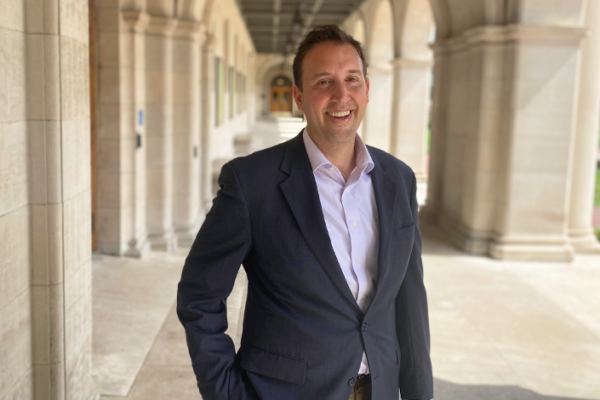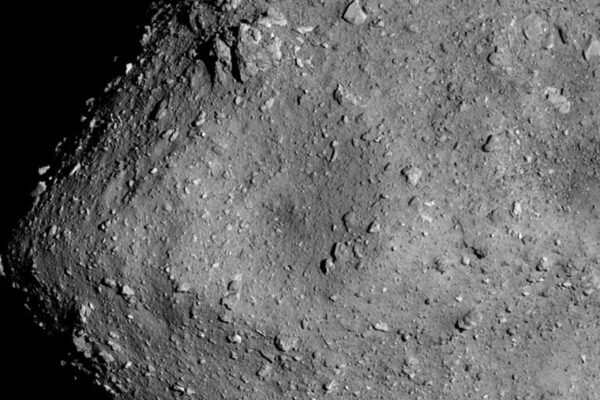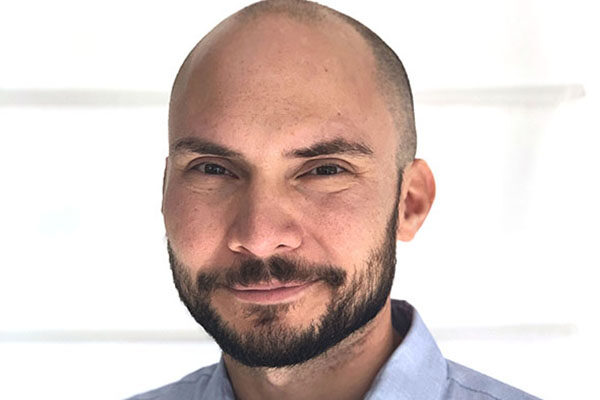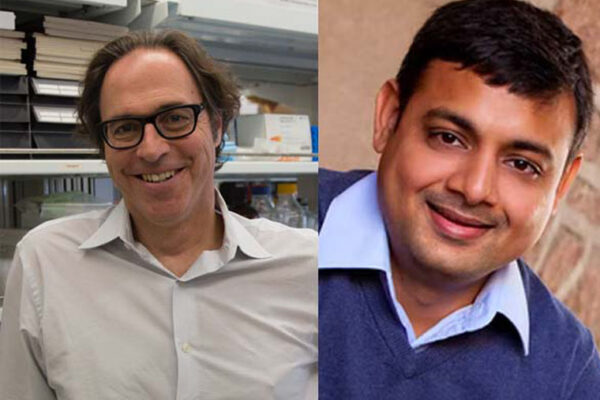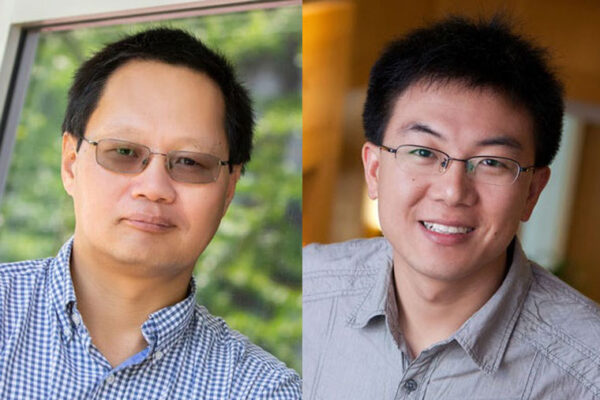Dev wins Universities Research Association grant
Bhupal Dev, assistant professor of physics in Arts & Sciences, won a $20,000 grant from the Universities Research Association to support neutrino research.
Nagulu teams on DARPA grant
Aravind Nagulu at the McKelvey School of Engineering is co-principal investigator on a $2.4 million federal grant that will help develop filters for next-generation wireless systems.
Jabbari awarded $512,000 grant from William T. Grant Foundation
Jason Jabbari, research assistant professor with the Social Policy Institute at Washington University, received a $512,000 grant from The William T. Grant Foundation to understand if and how the Choice Neighborhood Initiative reduces racial inequalities in academic outcomes for children and youth.
Asteroid samples offer chance to study chemically pristine solar system materials
Sachiko Amari, research professor of physics in Arts & Sciences, is part of the international team that described results from the first sample-return mission to a carbonaceous asteroid, the JAXA Hayabusa2 mission to asteroid Ryugu. The study was published June 9 in Science.
Strait to study hominin locomotor anatomy
David Strait and Yeganeh Sekhavati, both in Arts & Sciences, won a $26,037 grant from the National Science Foundation to support doctoral dissertation research.
Where are the particles over the oceans from?
Jian Wang, professor at the McKelvey School of Engineering, will lead a research team that will analyze field study data to better understand how aerosol particles form over open oceans and their impact on cloud properties with a three-year $457,778 National Science Foundation grant.
Ruzycki receives career development award
Philip Ruzycki, an assistant professor at the School of Medicine, received a $350,000 career development award from Research to Prevent Blindness.
Researchers receive NSF grant
Joan Strassmann and David Queller, both in Arts & Sciences, received a $141,578 supplemental award from the National Science Foundation for research on amoeba-bacteria cooperation.
Researchers to study leader cells in breast cancer model
Gregory D. Longmore, MD, at the School of Medicine, and Amit Pathak, at the McKelvey School of Engineering, will study the cells that lead the migration of deadly tumor cells through the body with a five-year $2.54 million National Institutes of Health (NIH) grant.
Protein delivery may help treat diabetic limb problems
A $2.3 million National Institutes of Health (NIH) grant will fund Jianjun Guan and Fuzhong Zhang’s effort to develop and deliver therapeutic proteins to help treat injured limbs.
View More Stories


